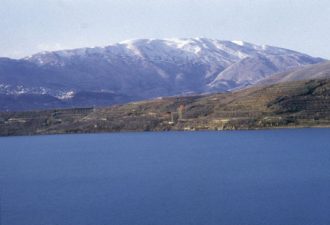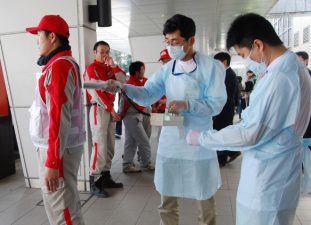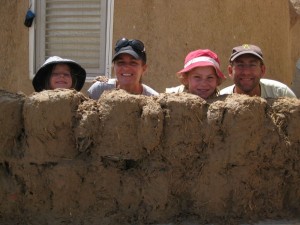 The use of gas as an energy source is expected to increase globally, which also increases the need to find safe and economic solutions for storing large quantities of gas. The current solution is to store large gas tanks near populated areas, occupying expensive and valuable areas of land.
The use of gas as an energy source is expected to increase globally, which also increases the need to find safe and economic solutions for storing large quantities of gas. The current solution is to store large gas tanks near populated areas, occupying expensive and valuable areas of land.
In the upcoming WATEC Conference (the 5th International Water Technologies & Environmental Control Exhibition & the 2nd International Conference) being held in Tel Aviv in November 2009, an innovative Israeli solution to the problem will be presented.
SeaGen Systems Ltd. – a company under the umbrella of Yozmot HaEmek Ltd. – has developed an underwater Liquefied Petroleum Gas (LPG) storage terminal that would enable the storage of gas out at sea. (Liquefied petroleum gas has many uses, such as cooking gas, car fuel, and industrial fuel.)
These terminals are based on a clean technology that eliminates the risks involved in current gas storage and, at the same time, is economically beneficial. Within the maritime terminals, gas would be stored in “smart tanks” that are unique in being able to withstand high levels of underwater pressure. The tanks enable the LPG to be stored as a liquid (not a gas) and therefore enable more efficient, cheaper storage.
Storing gas underwater instead of on land would clear a lot of area for residents and natural environments. SeaGen Systems notes that land LPG storage sites “can be dangerous and may cause natural catastrophes, human casualties, and great ecological damage, besides being as an easy target for terrorist attacks.” (This Green Prophet is a little doubtful of how storing gas underwater eliminates the possibility of great ecological damage.)
In the event of a leak in one of the underwater gas tanks, the gas should rise to the water surface and evaporate at a great distance from populated areas. The gas would not dissolve in the water.
Read about clean technology::
HCL CleanTech’s Cleaner Approach to Cellulosic Ethanol Production
2008 a Big Year for Israel Cleantech Investments, Says Ernst & Young
Hebrew University Launches One Million Dollar Program in Support of Cleantech Development



